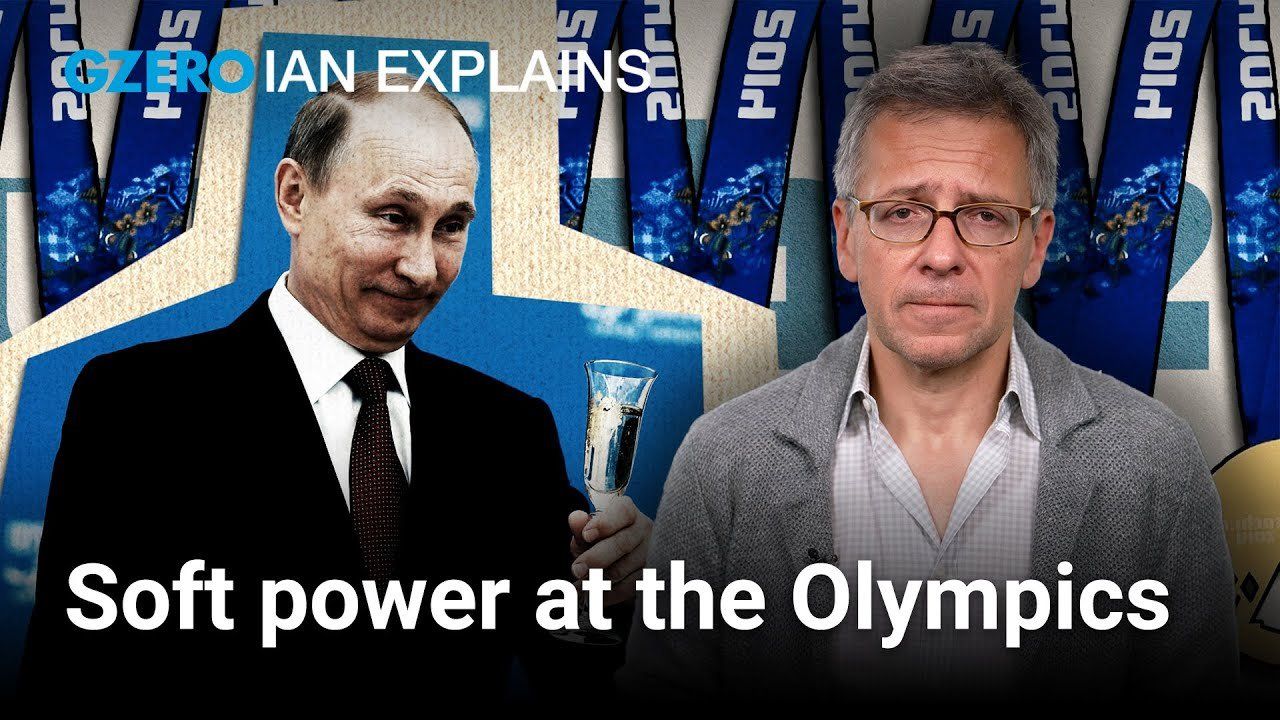
The International Olympic Committee says global politics have no place at the Olympics and insists the Olympics promote democratic values through sports, so why does the IOC keep awarding the Games to authoritarian countries like Russia and China?
On Ian Explains, Ian Bremmer breaks down the complicated relationship between global politics and the Olympic Games. The IOC has an uncomfortable history of cozying up to authoritarian rulers, like Russian President Vladimir Putin and Chinese President Xi Jinping, who use the Games as propaganda, who use the Games to project the image of their country they want the world to see. Calls are growing for more transparency in the IOC, which has faced accusations of corruption, bribery, and bid-rigging in recent years. The 2024 Olympics will be a test of the IOC’s ability to remain politically neutral while balancing the ideals of democracy with the geopolitical realities of a world that’s more fragmented than ever. Can they stick the landing?
Watch more on the full episode of GZERO World with Ian Bremmer, in which Washington Post sports columnist Sally Jenkins discusses security concerns and logistical challenges at the 2024 Paris Olympic Games, the complicated relationship between global politics and the events, and sportswashing.
Season 7 of GZERO World with Ian Bremmer, the award-winning weekly global affairs series, launches nationwide on public television stations (check local listings).
New digital episodes of GZERO World are released every Monday on YouTube. Don''t miss an episode: Subscribe to GZERO's YouTube channel and turn on notifications (🔔).